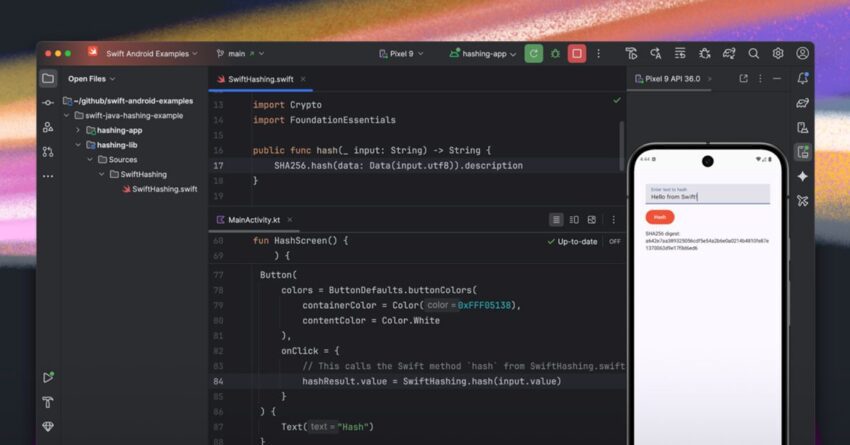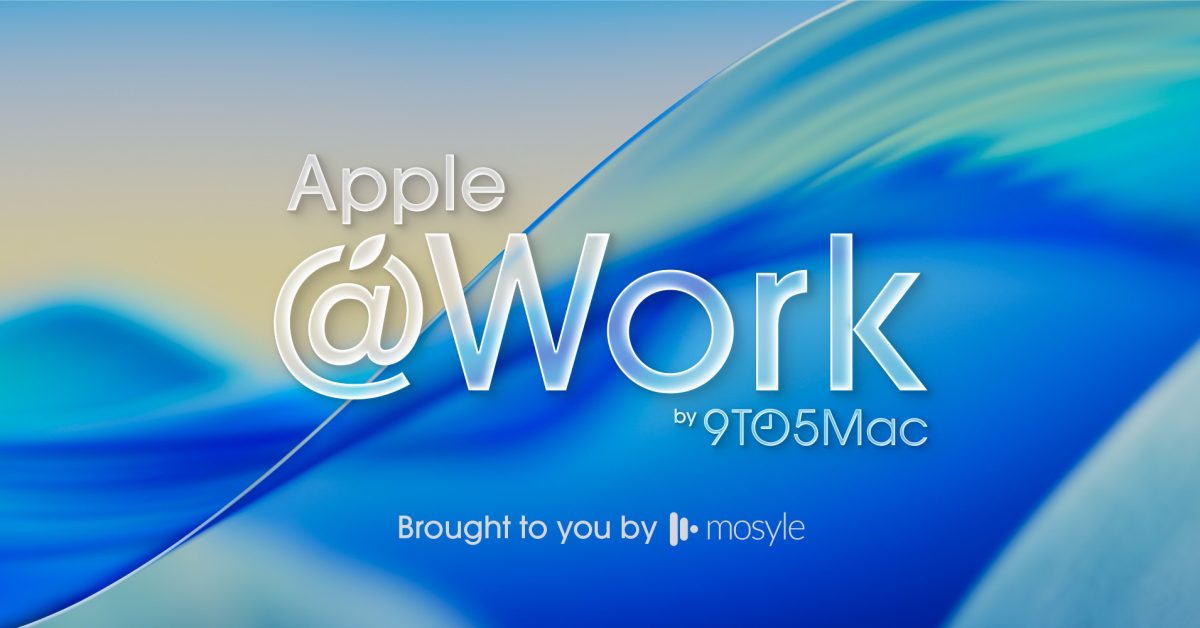
swift sdk for android now available The Swift SDK for Android has officially launched its first preview release, marking a significant step forward for developers interested in leveraging Swift on the Android platform.
swift sdk for android now available
Background on Swift and Android Development
Swift, a programming language developed by Apple, has gained immense popularity since its introduction in 2014. Initially designed for iOS and macOS app development, Swift is known for its performance, safety features, and ease of use. Over the years, it has attracted a robust community of developers who appreciate its modern syntax and powerful capabilities.
On the other hand, Android, developed by Google, is the world’s most widely used mobile operating system. With billions of active devices, Android offers a vast ecosystem for developers. Traditionally, Android applications have been developed using Java or Kotlin, but the introduction of the Swift SDK opens new avenues for cross-platform development.
The Announcement of the Android Workgroup
Earlier this year, the formation of the Android Workgroup was announced, aimed at integrating Swift into the Android development landscape. This initiative reflects a growing interest in cross-platform solutions that allow developers to write code once and deploy it across multiple operating systems. The Android Workgroup comprises industry experts and contributors from both the Swift and Android communities, working collaboratively to ensure a seamless integration of Swift into Android.
Objectives of the Android Workgroup
The primary objectives of the Android Workgroup include:
- Facilitating Swift Adoption: The group aims to promote the use of Swift among Android developers, showcasing its advantages and capabilities.
- Enhancing Compatibility: Ensuring that Swift can run smoothly on Android devices, addressing any compatibility issues that may arise.
- Building a Community: Fostering a community of developers who can share knowledge, tools, and resources related to Swift on Android.
Details of the Swift SDK Preview Release
The first preview release of the Swift SDK for Android is a significant milestone for the Android Workgroup. This release allows developers to experiment with Swift in an Android environment, providing them with the tools needed to start building applications. The preview includes essential features that facilitate Swift development on Android devices.
Key Features of the Swift SDK for Android
The Swift SDK for Android comes with several key features designed to enhance the development experience:
- Core Libraries: The SDK includes core libraries that allow developers to utilize Swift’s powerful features, such as type safety and memory management.
- Interoperability: The SDK is designed to work seamlessly with existing Android libraries, enabling developers to leverage their existing codebases while integrating Swift.
- Development Tools: The preview release includes development tools that simplify the process of building, testing, and deploying Swift applications on Android.
- Documentation and Samples: Comprehensive documentation and sample projects are provided to help developers get started quickly and effectively.
Implications for Developers
The introduction of the Swift SDK for Android carries several implications for developers and the broader tech community. As developers explore the potential of Swift on Android, they may find new opportunities for innovation and efficiency.
Cross-Platform Development
One of the most significant implications is the potential for cross-platform development. Developers who are already familiar with Swift can now apply their skills to Android development, reducing the learning curve associated with adopting new programming languages. This could lead to a more unified development experience across iOS and Android platforms.
Community Growth
The Swift SDK for Android is likely to foster a growing community of developers who are interested in cross-platform solutions. As more developers experiment with Swift on Android, they will share their experiences, tools, and best practices, contributing to a vibrant ecosystem.
Potential Challenges
While the introduction of the Swift SDK for Android is promising, it is not without its challenges. Developers may encounter issues related to performance, compatibility, and debugging as they navigate this new landscape. Additionally, the success of the SDK will depend on ongoing support and updates from the Android Workgroup to address these challenges effectively.
Stakeholder Reactions
The announcement of the Swift SDK for Android has garnered mixed reactions from various stakeholders in the tech community. While many developers are excited about the possibilities, others express caution regarding the implementation and support of the SDK.
Developer Enthusiasm
Many developers have welcomed the news, viewing it as an opportunity to leverage their Swift skills in a new environment. The potential for cross-platform development is particularly appealing, as it allows for a more streamlined workflow and the ability to reach a broader audience.
Industry Experts
Industry experts have also weighed in on the announcement. Some see the Swift SDK for Android as a strategic move that could enhance the competitiveness of both Swift and Android. Others caution that the success of the SDK will depend on the quality of its implementation and the ongoing support from the Android Workgroup.
Concerns Over Fragmentation
Some stakeholders have raised concerns about potential fragmentation within the Android ecosystem. With multiple programming languages and frameworks available, there is a risk that developers may become divided in their preferences, which could complicate collaboration and resource sharing.
Future Prospects
Looking ahead, the future of the Swift SDK for Android appears promising, but it will require ongoing commitment from the Android Workgroup and the developer community. As the SDK evolves, it will be essential to address any challenges that arise and to continue enhancing the tools and resources available to developers.
Potential Updates and Improvements
Future updates to the Swift SDK for Android may include:
- Performance Enhancements: Ongoing optimization to ensure that Swift applications run efficiently on Android devices.
- Expanded Libraries: The addition of more libraries and frameworks to support a wider range of functionalities.
- Community Contributions: Encouraging contributions from the developer community to enhance the SDK based on real-world use cases and feedback.
Educational Resources
As the community grows, educational resources will play a crucial role in facilitating the adoption of the Swift SDK for Android. Workshops, webinars, and online courses can help developers learn how to effectively use Swift in their Android projects, further promoting its adoption.
Conclusion
The launch of the Swift SDK for Android is a significant development in the world of mobile app development. By enabling developers to use Swift on Android, it opens up new possibilities for cross-platform development and collaboration. While challenges remain, the potential benefits for developers and the broader tech community are substantial. As the Android Workgroup continues to refine the SDK and support its adoption, the future of Swift on Android looks bright.
Source: Original report
Was this helpful?
Last Modified: October 26, 2025 at 3:38 am
1 views















